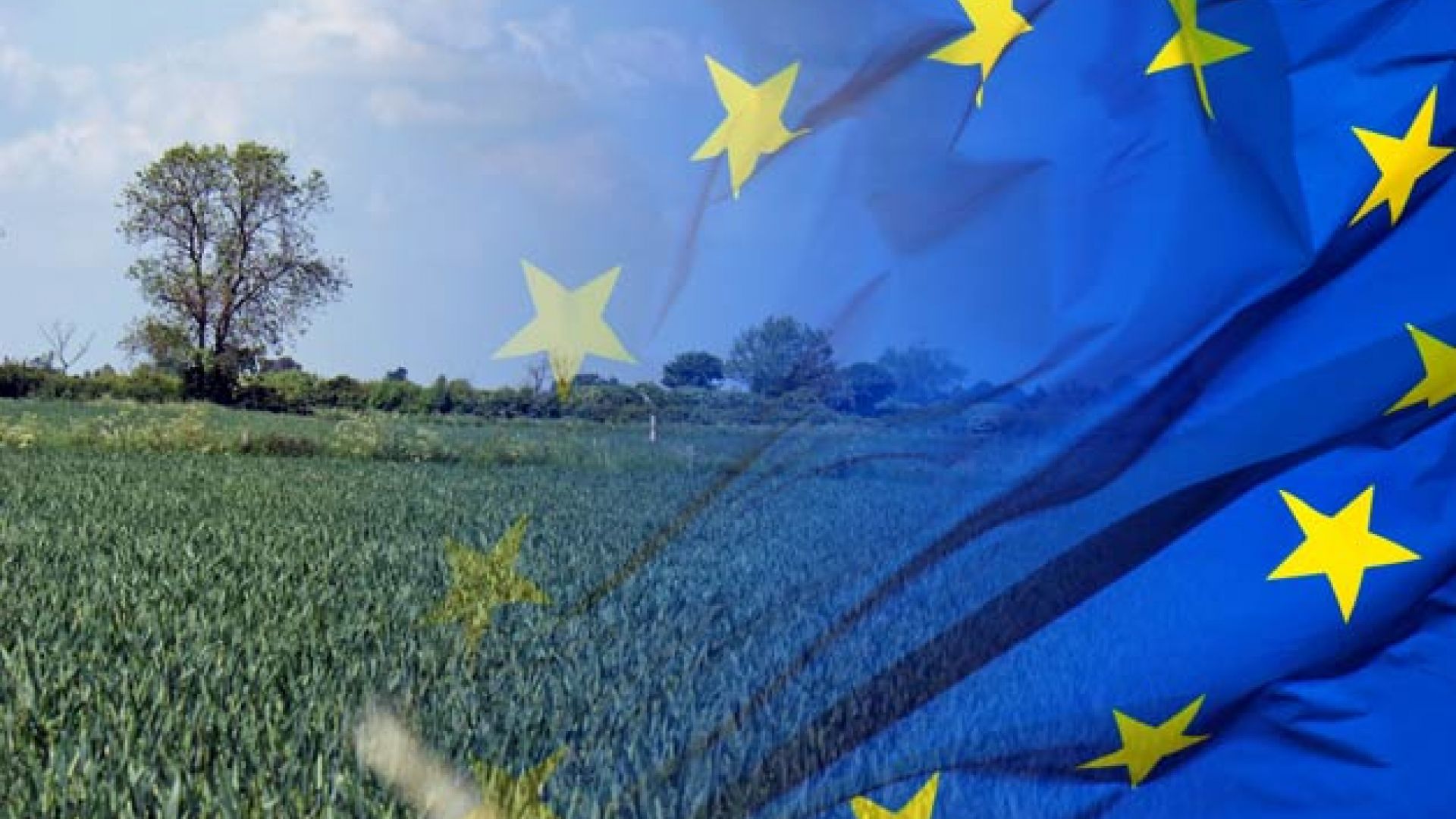A green Common Agricultural Policy (CAP) with a red heart. This is what the Socialists and Democrats have strongly been fighting for. After very long and difficult negotiations, the plenary of the European Parliament finally voted on a long over-due reform of the CAP that will adapt it to the EU environmental goals and will strengthen the social dimension. S&Ds fought for a more ambitious reform, but through hard negotiations ensured a positive result both for the environment and for farmers.
As our agricultural policy is clearly one of the strategic levers for the future resilience and ecological transformation of the EU, farmers and environmental protection must go hand in hand.
Without the direct involvement of EU farmers in the effort to reach the targets set by the EU Commission in the Farm to Fork and Biodiversity strategies within the Green New Deal framework, we will not be able to cope with the wholly justified calls for a more sustainable system of food production, and a halt to biodiversity decline and climate change.
Moreover, a CAP with a red heart means respect for social rights across the sector, never undermined by profit or private interests, as well as a bigger role for women and the young.
It is vital for the CAP to remain common to all member states, ensuring a level playing field across the EU. We must make sure that flexibility does not turn into re-nationalisation of the policy.
S&D spokesperson in the agriculture committee, Paolo De Castro, said:
“The European Union’s Common Agricultural Policy needed a change. It needed to be more sustainable - and more progressive.
“That’s why we, Socialists and Democrats, have been fighting for reopening the file and moving from the initial proposal of the Commission towards a new overall reform capable of safeguarding the social, economic and environmental sustainability of the sector, strictly in line with the Paris agreement, as well as the goals set by the Green Deal, Farm to Fork and Biodiversity strategies. We are proud of having taken this bold decision and hammered out fruitful compromises for the good of the whole sector. Where particular and ideological interests have prevailed over the common good, as for the capping issue, the European Parliament has been forced to back off to the much less progressive, social and sustainable initial proposal of the EU Commission: a defeat for all.
“In our effort to shape a more progressive CAP, we have been insisting on a higher minimum budget for the new eco-schemes, namely a set of measures that will make it financially attractive and rewarding for farmers to deliver public goods, in terms of protecting the climate, environment and animal welfare.
“We have made sure that transfers from direct payments (Pillar 1) into rural development (Pillar 2) are dedicated to climate and environment measures. A minimum of 30% of the direct payments allocation must be devoted by the member state to eco-schemes. In the second pillar, 35% of the funds for rural development must be used for interventions which benefit the environment and climate. In this way, transfers from one pillar to the other are in a ‘green pipeline’ to make sure transferred funds are used for these purposes.
“We are also proud of having set a clear goal of social conditionality so that a greener CAP could also bring with it better social rights. Farmers who do not comply with labour and social laws should be prevented from getting access to European funds.
“The European Parliament has now spoken. It is high time the EU Commission shows responsibility and puts forward legislative measures that can integrate and frame the new CAP along the Green Deal, Farm to Fork and Biodiversity goals. S&Ds’ are ready to take up these challenges, which, however, must not replace the CAP, but support it in making the 11 million European farmers more resilient against new possible health crises and more competitive, guiding them towards the achievement of common objectives.”
S&D shadow rapporteur on CAP reform – Horizontal Regulation, Pina Picierno MEP, commented:
"After years of tough negotiations, we improved the initial EU Commission proposal, hammering out a bold and ambitious result both for farmers and for the environment, and for the fight against climate change.
“With regard to the Horizontal Regulation, we have sent a clear message: the European Parliament says No to the re-nationalisation of the CAP. We have also mitigated the excessive flexibility given to member states in the initial proposal, by returning to a control and payment system based on compliance with the rules. At the same time, we have also kept an annual and biennial check on performance under more stringent conditions for the member states.
"Hence, a fair balance has been created between the certainty of not creating disparity and competition among European farmers, while maintaining the common character of this policy and control over how the funds for this policy are spent.
“The S&Ds have also been able to put forward social conditionality requirements: penalising and reducing direct payments to anyone who has violated national rules on employment, illegal work or agricultural labour. We cannot permit European citizens’ money to be used to finance entrepreneurs who have no respect for the dignity of workers.”










